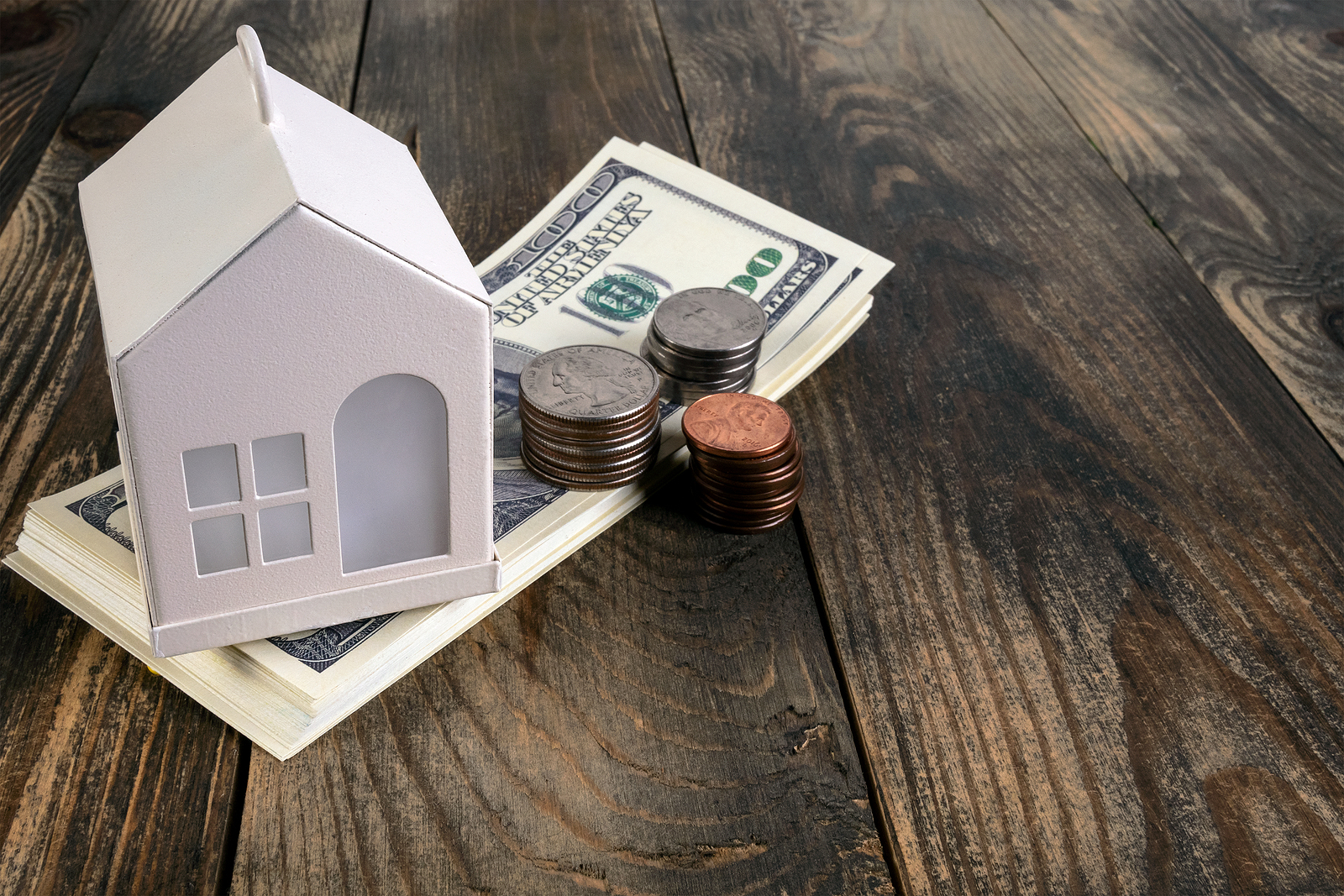If you’re considering buying a home, statistics say that one of the first things you’ll do is surf the Internet. From looking at homes for sale to learning about the process and choosing a real estate agent, you’ll find lots of information.
Be forewarned, however, that not everything you read is factual. For instance, some real estate agents, especially, recommend that your first step to homeownership is to hire a real estate agent.
While it’s important that you go into the current market alongside an expert, the first and most important step doesn’t include hiring that expert.
All homebuyers who will not be paying cash for a home should see a lender before hiring an agent and WAY before looking at homes for sale, either online or in person. But even that isn’t the first step.
So, what is the first step?
It’s easy to feel overwhelmed with the homebuying process when all you really want to do is skip over the boring steps to get to the fun stuff: looking at homes.
Especially considering that the beginning of the homebuying process has to do with finances.
If your dream is to buy a decent home, in a decent area, with a comfortable mortgage payment, step one must come first: raise your credit score.
Raising your score even a smidge can make a huge difference
The Fair Isaac Corporation, commonly known as FICO, is an analytics company that takes all of your credit information and scores from the credit reporting agencies and calculates a FICO® scores
These scores can range from 300 to 850, and a “good” credit score is considered to be between 670 and 739.
Yes, many borrowers obtain an FHA-backed mortgage with lower scores and a lower down payment, but they pay more for the home in the end.
Plus, what many first-time homebuyers may not realize is that the loan that the FHA guarantees comes from a lender who will charge big-time interest rates because of a low FICO score.
Those rates result in a higher monthly home payment ― which will already be elevated because of the tiny down payment and FHA’s mandatory mortgage insurance premium that accompanies it.
Boosting your score, on the other hand, can mean big savings on your monthly mortgage payment.
Here’s a scenario, using a base rate we determined randomly (current rates are far lower). A borrower with a credit score of 700 to 759 might be offered a rate of 3.73 percent on a 30-year fixed rate loan. The borrower with a 620 to 639 score, on the other hand, would be offered a rate of 5.09 percent.
If you’re the low scorer in the above scenario you’ll pay $187 more a month on your mortgage payment than the high scorer. You will also pay $67,181 more in interest over the life of the loan.
If you were to raise your score to 640 you would end up saving more than $238,700. Raise it even higher, to 660, and you’ll save $42,000. Finally, if you can get that score up to 700 you will save more than $58,000.
As you can see, patience and a bit of hard work before you purchase a home definitely pays off.
How to boost that score quickly
At the very least, pay down bills, don’t apply for new credit and pay bills on time.
In fact, the folks at FICO specifically caution borrowers to cease the use of their credit cards completely and pay down what is owed on them.
Start paying off other debt that appears on your credit reports one-by-one; hack away at them and before you know it, those balances will be gone and your credit score will reflect the new, more financially responsible you.
Now you’re ready for step 2 of the home buying process – so strut into that lender’s office and confidently ask the representative to pull your credit score.






